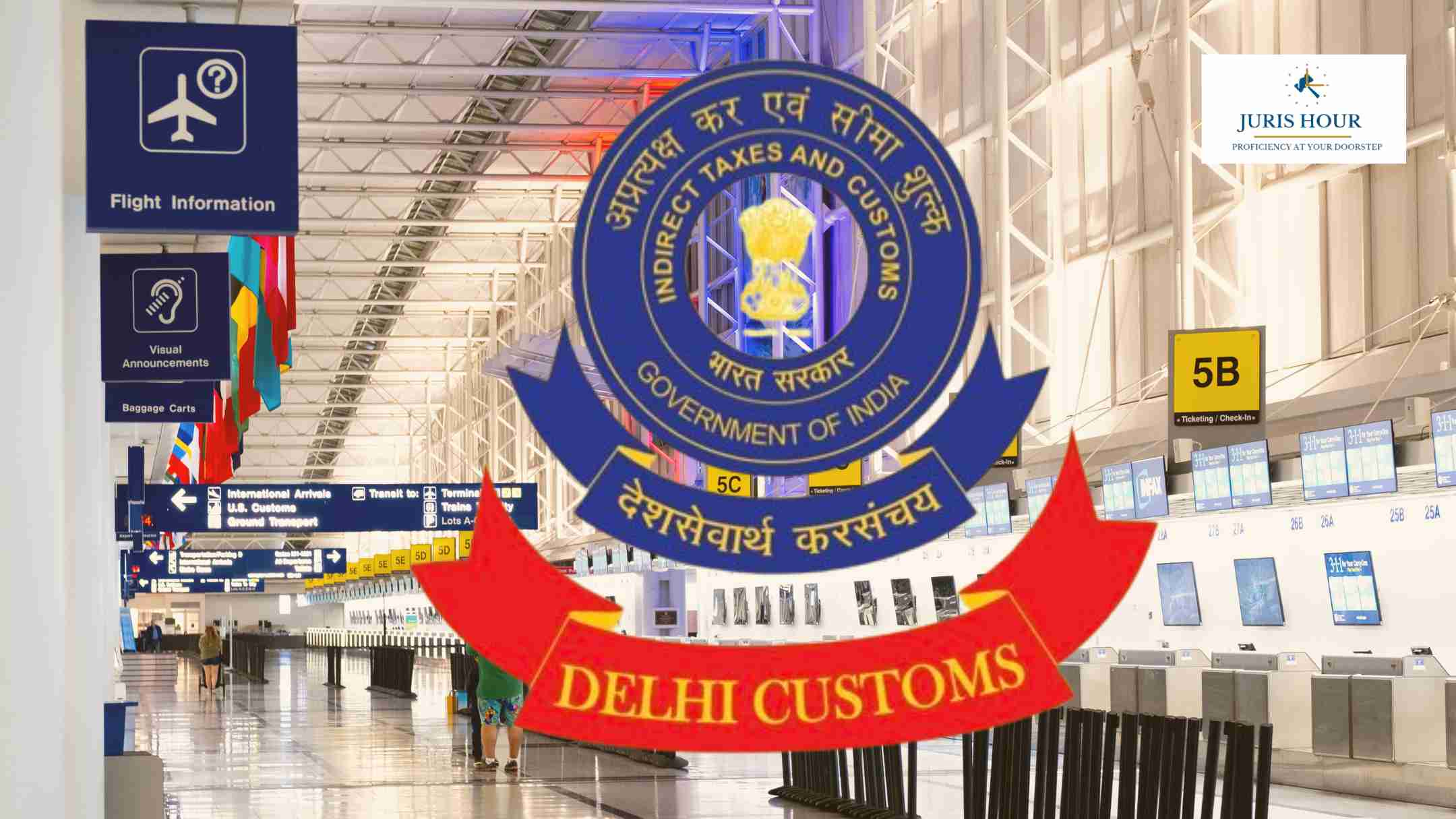IGI Airport Customs Habitually Forcing Tourists To Sign SCN Waivers In Standard Format: Delhi High Court Warns Twice

IGI Airport Customs Habitually Forcing Tourists To Sign SCN Waivers In Standard Format: Delhi High Court Warns Twice
The Delhi High Court has strongly criticized the Customs Department at Indira Gandhi International (IGI) Airport for its repeated practice of coercing tourists into signing standard-format undertakings waiving their right to a show cause notice and personal hearing.
The court deemed this practice to be contrary to Section 124 of the Customs Act, which mandates due process before confiscation of goods.
In two recent cases, the High Court highlighted how unsuspecting tourists were made to sign undertakings without being informed of their legal rights. The cases involved the seizure of valuable personal items, with tourists being deprived of a fair hearing.
Case 1: Gold Chain Seized Without Due Process
In Mr. Makhinder Chopra v. Commissioner of Customs, New Delhi (W.P.(C) 2049/2025), the petitioner, an Indian citizen residing in Russia for the past 17 years, arrived at IGI Airport on June 17, 2024, wearing a gold chain worth approximately Rs. 7 lakhs. The Customs Department detained the chain and provided the petitioner with a detention receipt along with a pre-drafted undertaking waiving his right to a show cause notice and personal hearing.
Despite the legal requirement to issue a formal notice, no such document was served on the petitioner. The Delhi High Court ruled that a standard-format undertaking cannot override statutory provisions and directed the Customs Department to discontinue such practices.
Case 2: Rolex Watch Detention Exposes Procedural Flaws
A similar injustice was observed in Mohamed Shamiuddeen v. Commissioner of Customs (W.P.(C) 2030/2025), where a Hong Kong-based Non-Resident Indian (NRI) was detained at IGI Airport on October 16, 2023. Customs officials seized his Rolex wristwatch, valued at Rs. 30.29 lakhs, and had him sign an undertaking waiving his right to due process.
Despite receiving an email from the department on February 20, 2024, seeking proof of residency, the petitioner’s response (sent on February 2, 2025) was ignored. The court observed that even if there were delays in document submission, the Customs Department had ample opportunity to issue a proper show cause notice but failed to do so.
The bench, comprising Justice Prathiba M. Singh and Justice Dharmesh Sharma, noted that while oral show cause notices may be allowed in special cases, a blanket policy of making tourists sign standardized waivers is unlawful. The court ordered the release of the Rolex watch and directed the petitioner to visit the warehouse for collection, paying only the necessary storage charges.
Customs Department Under Fire
These cases have exposed the troubling pattern of IGI Airport Customs officials coercing unaware travelers into waiving their legal rights. Legal experts argue that such practices not only violate the principles of natural justice but also damage India's reputation as a welcoming destination for tourists and NRIs.
The High Court's observations serve as a warning to the Customs Department to uphold the law and ensure due process. The ruling reinforces that legal rights cannot be bypassed through standard-format undertakings, and tourists must be made aware of their options before being forced into signing any documents.
As more travelers share their grievances, calls for stringent oversight of customs practices at Indian airports are growing louder. The High Court’s intervention may be the first step in curbing these exploitative tactics, ensuring fairness for all travelers arriving in India.
Read More: SGBs Death: Public Opinion


